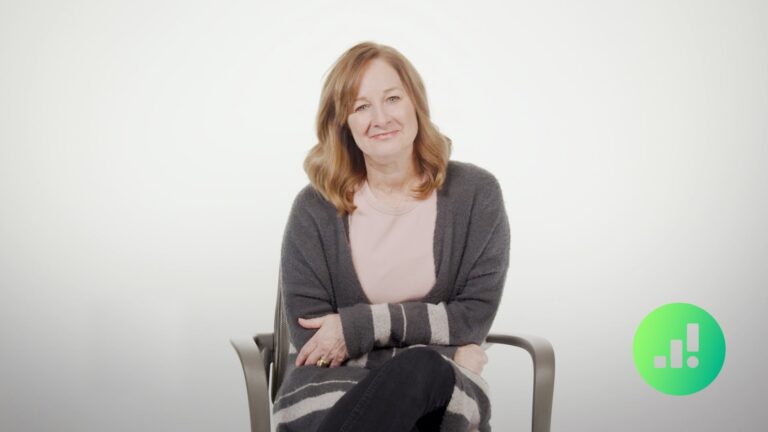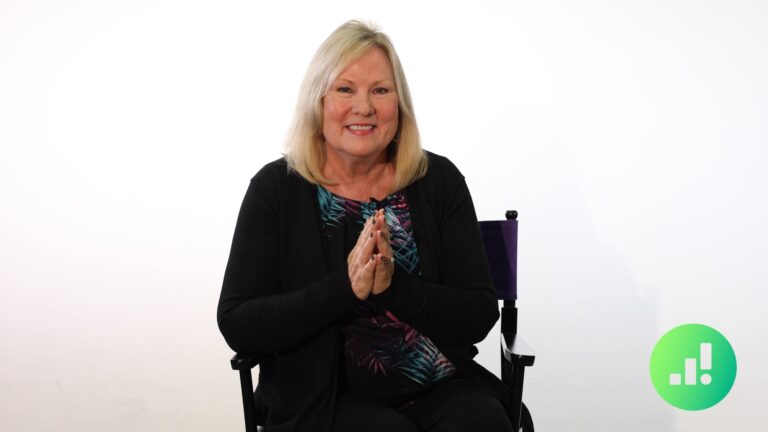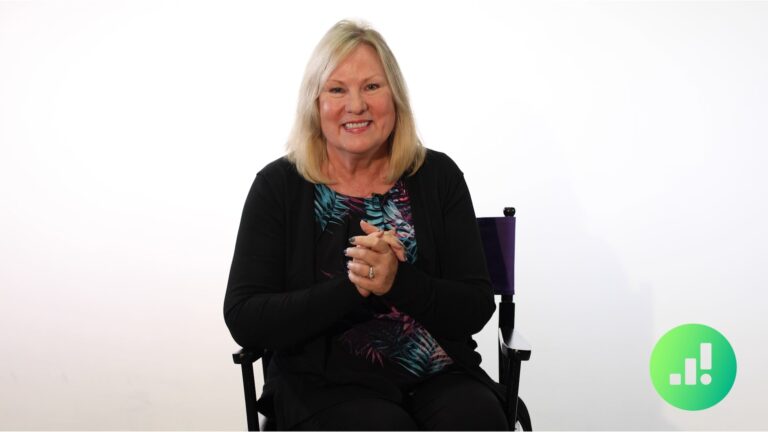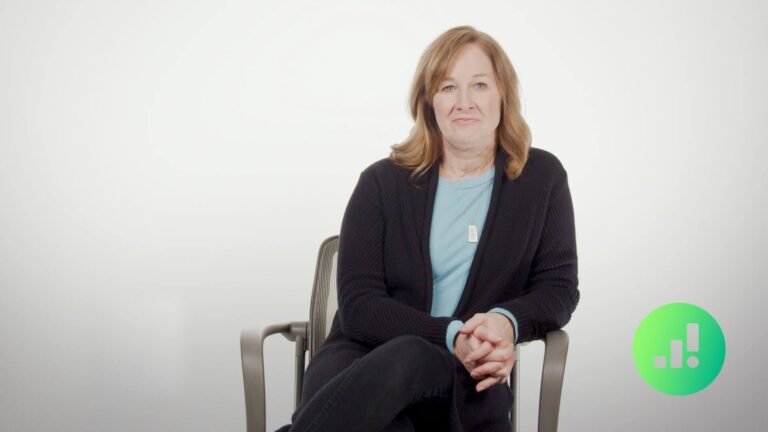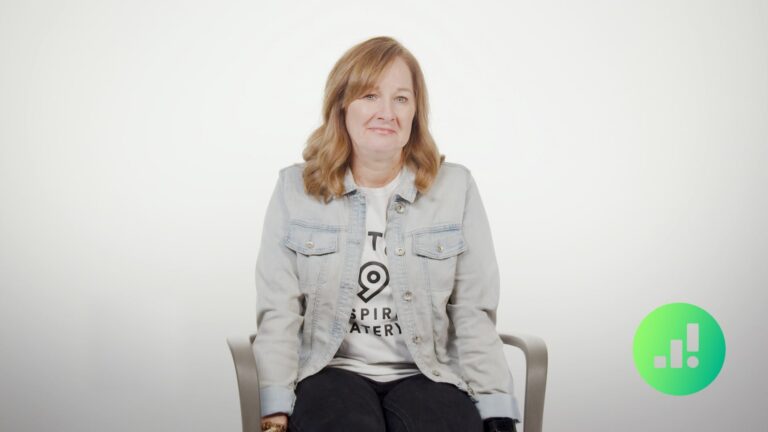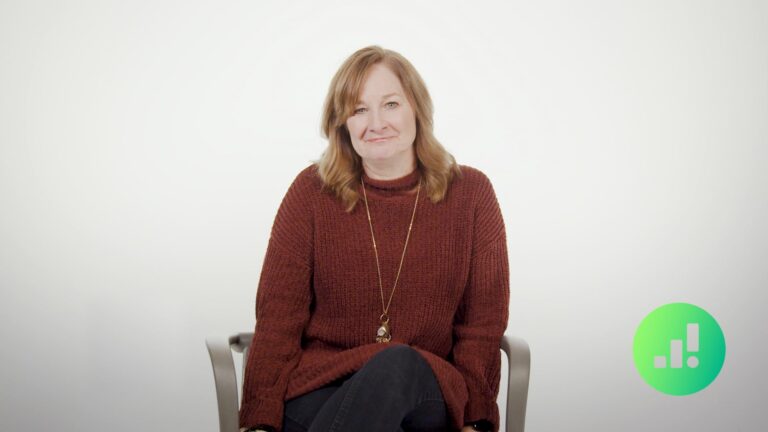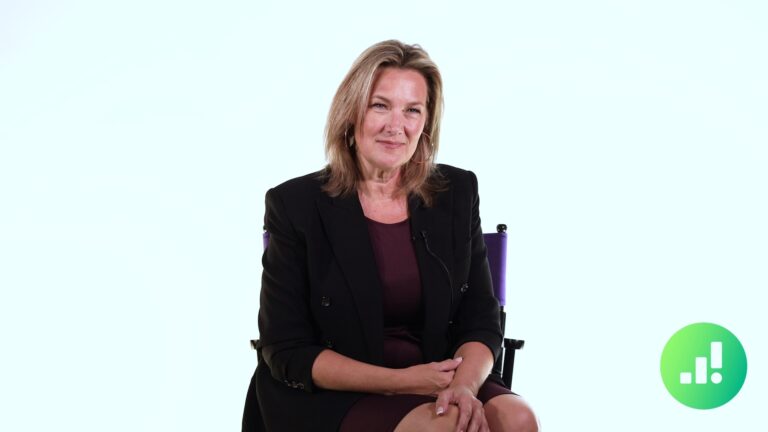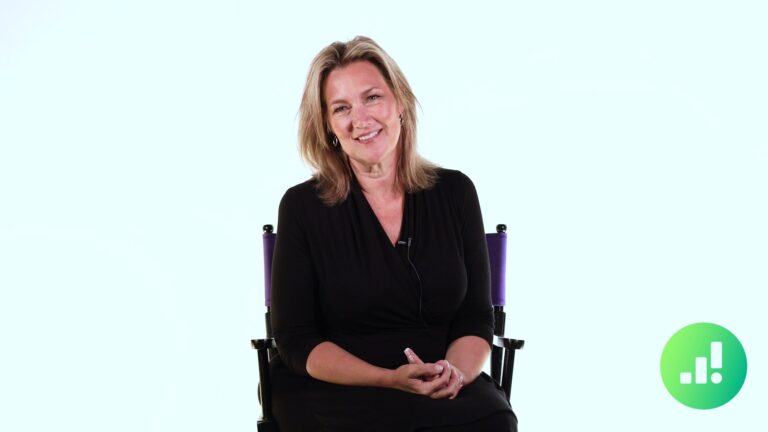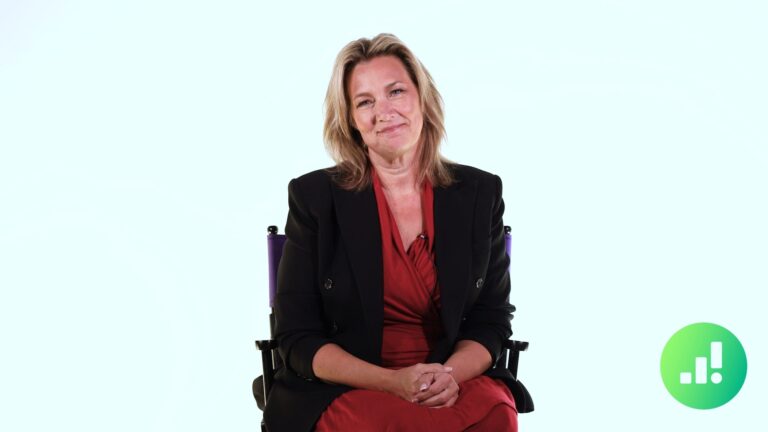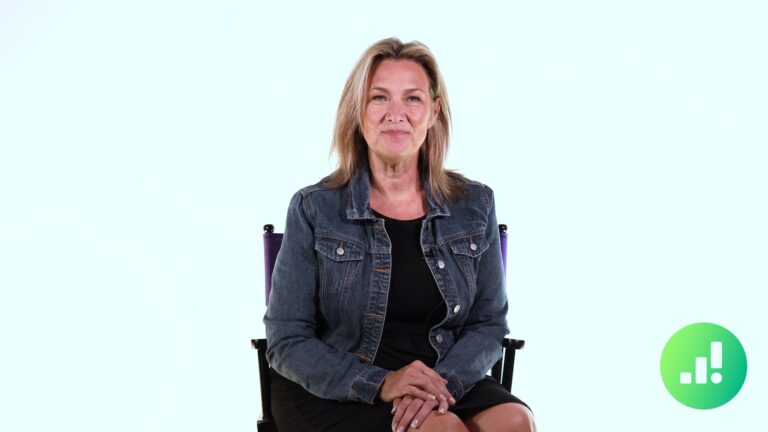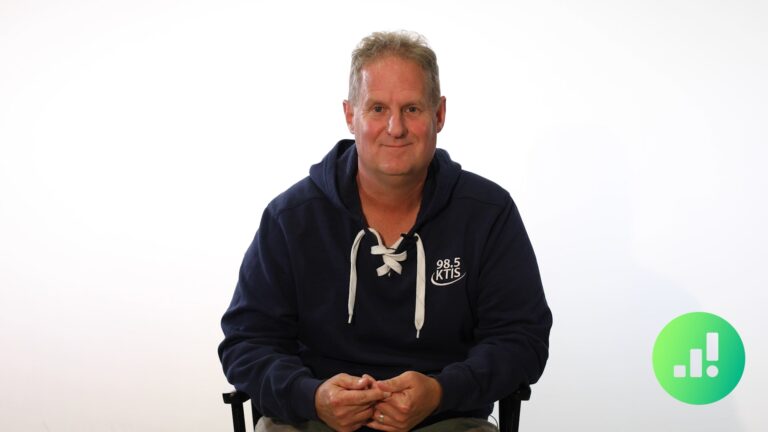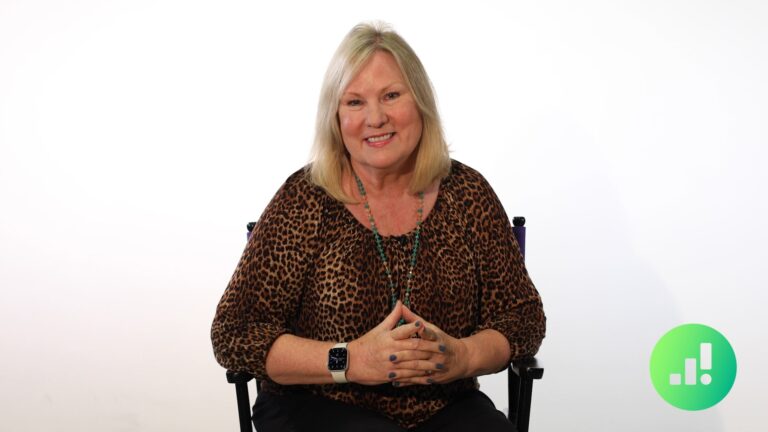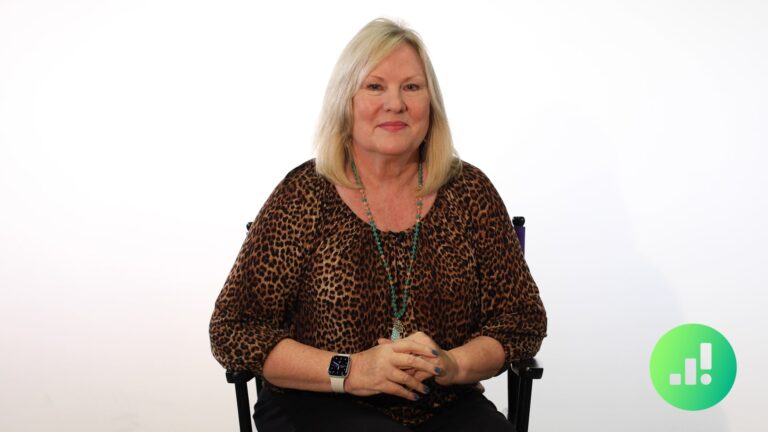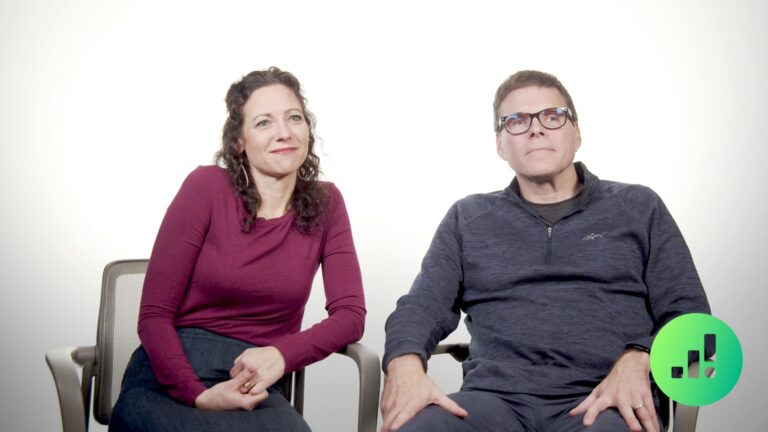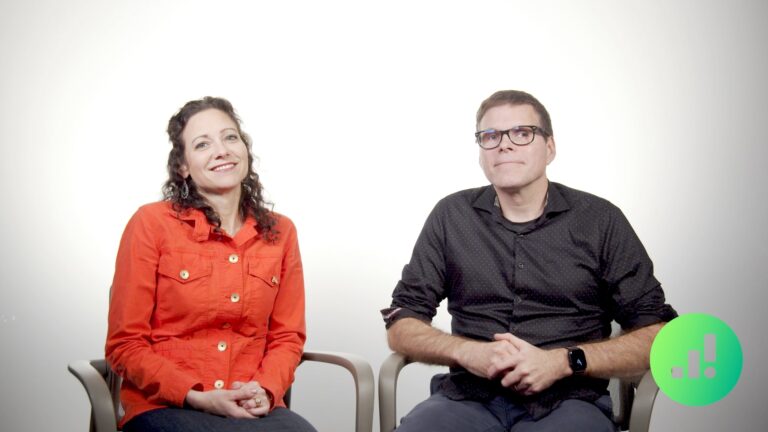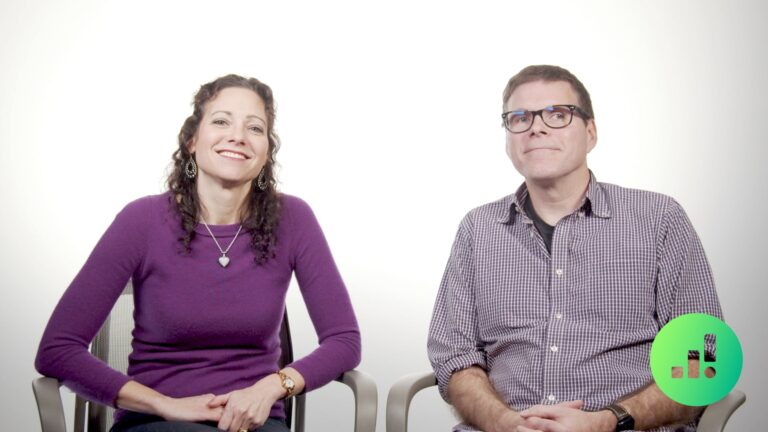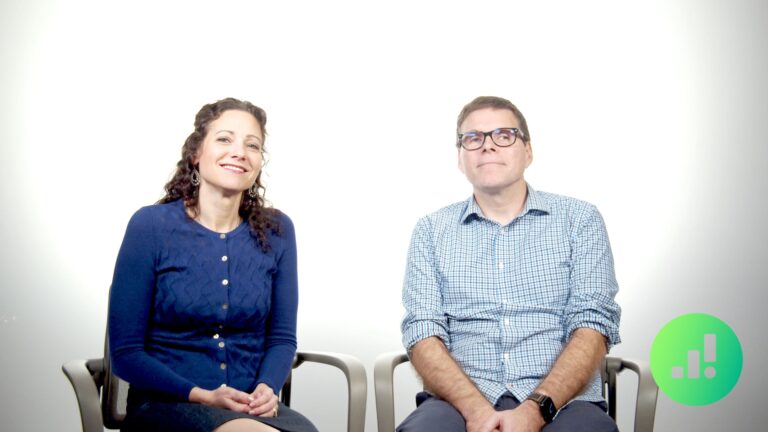When you’ve experienced trauma, you don’t always know how and when the past will show up. It can sneak up on you, and sometimes you don’t even realize it’s the trauma talking. Those old wounds make you feel things you don’t want to feel and can threaten to turn you into someone you don’t want to be.
When Joe and I were dating and even when we were newly married, we always knew the monster was out there: the monster that we often just called “Joe’s past.”
I don’t call it a monster because Joe acted like a monster, but because we always knew the past was there, hiding in the corners. We were not quite sure what we were dealing with and how it operated. Maybe if we ignored it, it would go away.
But the first way to defeat the monster was to bring it out in the open. We had to talk about it. And I’m grateful that Joe has always been willing to share his traumatic memories with me. We’ve talked about the suffering he’s endured, and I’ve learned as much as I could about how those experiences have affected him.
Through those conversations, we both understand that some of the effects of that trauma may never go away.
Even though he has forgiven his abusers, surrendered his heart to God, and is healthy, the pain is still there. That’s the kicker with childhood trauma: his childhood may be long gone, but the emotions can feel so fresh it’s as if he is still there.
Because trauma impacts our emotional wellbeing, the effects show up the most within our closest relationships.
During an argument, Joe would often get triggered, and we would both end up overreacting to the most innocent of statements. Afterward, we would analyze what happened and ask each other, “What exactly went wrong there?”
It was easy for him to explain it to me: “It’s my past. When I was a child… So-and-so would always tell me... That’s why I overreacted to you. That’s where those intense feelings came from.”
“I didn’t mean to respond so rudely, shut down so fast, and push you away. It’s my past.”
That made sense. I knew how much baggage he had. As his wife, I have always tried to understand this and be sensitive to the weight he carries. The triggers that bring up bad memories and uncomfortable feelings.
Tight spaces, a certain tone of voice, crowds of people, holidays, a smell in the wind … and I would see Joe bristle, pull back, and go into self-protection mode.
I knew that his past affected him greatly, both consciously and subconsciously. I was aware of the many ways that trauma had rewired his thoughts and emotions.
But.
About 10 years into our marriage, we were falling into one of our loops (you know, that one argument pattern it seems like you can never resolve), and I felt that frustration build in me as I could hear Joe’s reply before he even said it. So I responded.
“Why is it always your past? Aren’t you ever just a jerk?”
I didn’t quite realize the words had left my mouth until after I said them. But they had been stirring in me for a while, this feeling that Joe had a pass for his less-than-admirable behavior. It’s not his fault; it’s his past. But when I messed up … well, I don’t have a “past,” so it must mean that I’m being an insensitive jerk.
I think that comment did rattle Joe quite a bit, and over the next few months, we had to answer those hard questions. I was beginning to feel bitter about the times he hadn’t been loving toward me. I resented the idea it wasn’t really his fault somehow when he was angry or rude. Or even if it was his fault, I only felt worse pointing it out and making him feel more pain after all he’s experienced. Shouldn’t he get a pass after all he’s gone through?
I read my Bible. I knew Romans 3:23, which reminds us “for all have sinned and fall short of the glory of God” (NIV). And it didn’t line up. Isn’t everyone a sinner? Why did I feel like only he had been sinned against? Or maybe if you’ve had really bad stuff happen to you like Joe, you were immune from sinning yourself? How did that work?
As we tackled those hard conversations, Joe and I experienced healing and a shift in how we talked about our sins and shortcomings.
Joe came to realize that his reactions and behavior were sometimes a result of just being a jerk. Wanting his own way, desiring to escape his own pain. Or sometimes it was self-protection, pride, not fully considering my needs and emotions. Sometimes he’s cranky because he’s cranky. He was a sinner like me, praise God!
Because we had such opposite childhood experiences, our marriage felt lopsided sometimes, and that shift helped make our relationship more balanced. And it’s not like I just wanted to blame Joe for everything or make him suffer. I don’t want to rub it in his face.
The truth is we’re both jerks sometimes. We are both selfish, and we both mess up for a variety of reasons. But recognizing that put us on equal footing and made it easier to own up to our own stuff. And of course, always extending forgiveness when an apology is made.
But none of this is easy, and we haven’t figured this all out.
We still recognize the role the past plays in our lives. But we try to extend compassion and understanding to each other whenever possible. Whether or not you have a rough past, you likely have some obstacles in your life that make doing the right thing difficult. And that’s why love and compassion are so important.
We can accept the reality of our past and how it affects us. And we can accept that we each have the responsibility for how we respond.
For us, true healing has been more than just processing what happened. It also means understanding our own response to the pain. We have to let God search our own hearts and point out the areas He wants to change us. The areas that we are holding on to and not submitting to Him. The stuff we think we can handle on our own.
We do need God’s healing for our past wounds and from the ways that others have sinned against us. Much of that comes through choosing to forgive. But just as much, we need forgiveness for how we have disobeyed God and wounded others.
As we accept His forgiveness for our sins, we can extend that same forgiveness to others who have sinned against us. That is the beauty of what Christ has done for us!
Isaiah 53:5–6 (ESV) describes that reality:
But He was pierced for our transgressions; He was crushed for our iniquities; upon Him was the chastisement that brought us peace, and with His wounds we are healed. All we like sheep have gone astray; we have turned—every one—to his own way; and the Lord has laid on Him the iniquity of us all.
Recovery from trauma is not easy, and if you have suffered through that, please seek help to work through those wounds. Joe and I continue to work through that to this day. But it doesn’t mean we are hopeless. With Christ, there is always hope, and the past doesn’t have the last word in our lives!
If you’d like to hear more, you can listen to our conversation about this topic on episode 5 of Behind Our Smiles or listen to Joe’s story on this episode of The Unfolding.
“For us, true healing has been more than just processing what happened. It also means understanding our own response to the pain.”
—Tara Buchanan
“With Christ, there is always hope, and the past doesn’t have the last word in our lives!”
—Tara Buchanan


